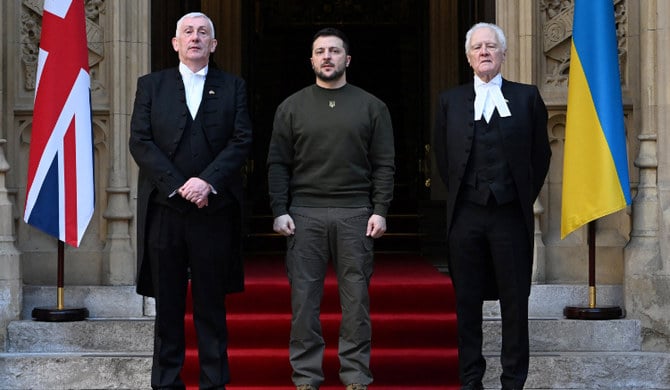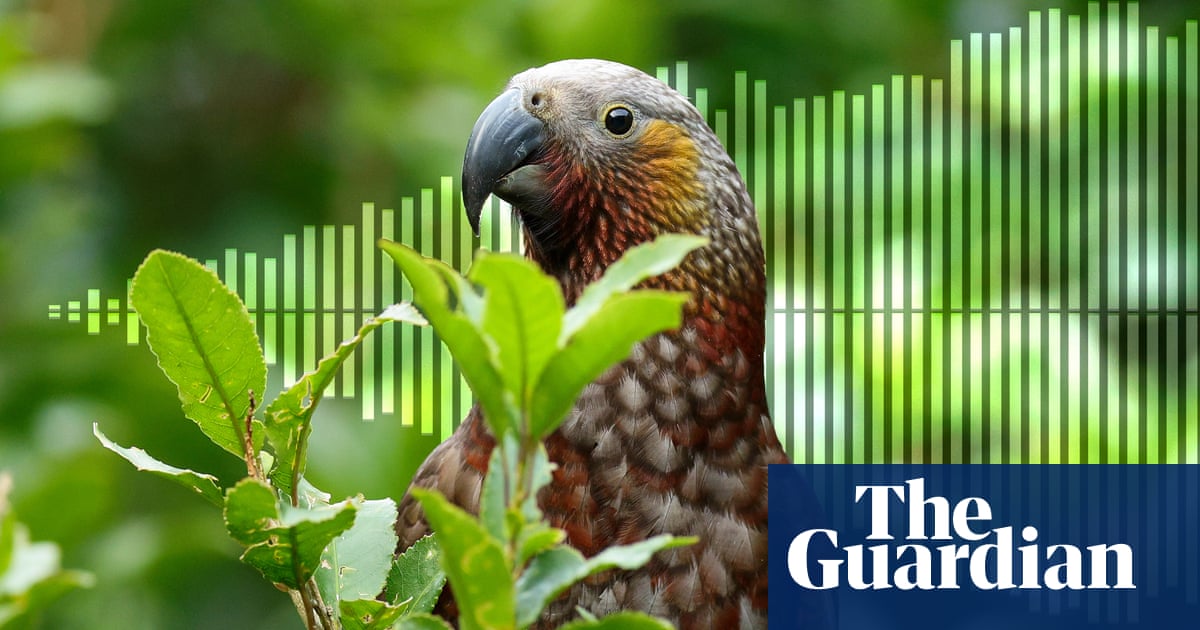
NASA engineer Mohamed Abid says the UAE’s successful mission has inspired young Arabs
Abid says Arab investment in space tech shows the Middle East is on the right track
DUBAI: One small step for the UAE came as a giant leap for the Arab world last February when the UAE became the first Middle East nation to mount a successful unmanned mission to Mars. According to one NASA scientist, the region has shown that it has immense potential in space exploration.
The UAE probe, named Hope, which was launched in July 2020 from Japan’s Tanegashima Space Center to study the Mars atmosphere, reached its destination earlier this year. The mission has inspired a whole generation of young Arabs to consider a career in space engineering.
“There is a lot of potential among the youth in the MENA region,” Dr Mohamed Abid, a chief engineer at NASA’s Jet Propulsion Laboratory in California, told Arab News, referring to the Middle East and North Africa. “Through this mission, a lot of Arab youth now feel they can get involved because they have an example of a mission or a program in front of them.
“That whole notion that you cannot do it because you are from the Middle East has been shown to be an illusion. It’s now a reality and it’s a big deal for the youth and a common theme I get.”
Abid, who mentors young people at schools and universities about how to break into careers in space technology, said that interest has skyrocketed since the Hope mission was accomplished.
“A lot of them are highly motivated and interested in how to engage in space,” Abid said. “They’re very enthusiastic; they have huge dreams. It’s not just dreams, but realizable goals. It’s definitely more accessible than back in my time.”
Originally from Tunisia, Abid today works as NASA’s payload chief engineer, overseeing the return of samples from the Red Planet. He has held multiple top-ranking positions during his 17-year career, including a stint as the Mars 2020 deputy chief mechanical engineer.
Although fascinated by space from a young age, Abid never dreamed that he would end up working for NASA. “I thought this was not a place for everybody. It was a place for ‘special people’ — not people from Tunisia,” he said.
Abid said that he vividly remembers the Challenger disaster of 1986, when the Space Shuttle suffered a catastrophic failure and broke apart shortly after lift-off from Cape Canaveral, Florida, killing all seven crew members.
It was partly the subsequent strenuous effort to prevent such a tragedy from happening again that piqued Abid’s interest in space engineering.
“I witnessed NASA’s Space Shuttle Challenger incident in the late 1980s on the news,” he said. “That’s when I decided I really wanted to work in space and that would be my target and dream.”
After obtaining a Ph.D. from the aerospace and mechanical engineering department at the University of Southern California, Abid became a lecturer at USC and later published a textbook titled “Spacecraft Sensors.”
Between semesters he signed up for internships in research laboratories, exploring everything from particle physics to quantum theory. “That was an extremely great opportunity for me to diversify my experience and deepen my understanding of various fields,” he told Arab News.
So, what advice does Abid have for the young people he mentors who dream of someday working for the likes of NASA?
“It’s about finding something you’re passionate about, understanding the field and using it as a learning opportunity. It’s about getting the experience under your belt to share and have extracurricular activities that show the breadth of that person. That was definitely a huge contributor to how I ended up at NASA today,” he said.
“My ultimate goal was always to join one of the NASA centers, but it’s never a straight line. You have to find your way, keep it as your end goal, don’t lose focus, but maximize your chances.”
Abid was invited to speak about Mars missions at the International Symposium on Networks, Computers and Communications 2021, organized by the Canadian University Dubai, in early November. He told delegates that he has little doubt that Arab youth will be taking significant strides forward in the field of space exploration.
“Having a country other than the US, China, India or Russia make it to Mars is great news. It shows that the Red Planet is accessible to a lot of countries and that the technology is there around the world for many countries to join,” he said.
“It opened up the door to expand the contribution and participation of other nations to help the overall scheme and (achieve the) ultimate goal to land someone on Mars, and it opened up that door for the Arab world that we can go to Mars and we know how to do it.”
The Hope probe’s mission was a “huge technological achievement” for the Arab world, he said, with the UAE now among a small club of nations who have made it to Mars. For Abid, it sends a strong message to the world that the Middle East is on the right track, contributing to human progress.
“It’s a stepping stone that there is a set of knowledge that has been acquired,” he said. “The question now is what you do with that knowledge, which is really important because it’s about building on that momentum to get to the next step.”
The UAE is not alone in establishing an Arab space program. According to Dr Mohammad bin Saud Al-Tamimi, CEO of the Saudi Space Commission, the sector is a focus of the Vision 2030 agenda, which aims to diversify the Kingdom’s economy away from oil.
Saudi Arabia launched 16 satellites into space between 2000 and 2019. In March this year, the Kingdom launched two satellites, including the first one to be developed by a local university, according to the Saudi Press Agency.
Shaheen Sat 17, from King Abdul Aziz City for Science and Technology (KACST), and CubeSat, from King Saud University (KSU), were launched from the Baikonur Cosmodrome in Kazakhstan on board Russia’s Soyuz-2 carrier rocket.
“This achievement was the fruit of the great support that the Kingdom’s research, development, and innovation sector receives from King Salman and Crown Prince Mohammed bin Salman,” said KACST chief Dr. Anas bin Faris Al-Faris.
In October, the Saudi Space Commission joined the International Astronautical Federation.
Globally, the space industry’s potential cannot be overestimated. A recent study by Morgan Stanley revealed that the space economy could be worth more than $1 trillion by 2040.
Last year, the UAE announced plans to send a compact rover, “Rashid,” to study the surface of the moon in 2024. If successful, the mission would make the UAE only the fourth country to operate a craft on the moon, and the first among Arab nations.
“Those are huge technological goals that will play out very well and become a source of motivation for the youth in general,” Abid said.
“If you’re in school and you see that you can work on space, launch rockets, explore different planets and expand on that exploration, then it is a monumental achievement and this needs to continue.
“We have proof that it can be done, and there is more to be done, and it’s up to the imagination of the youth to see what the next mission is that could help us on earth.
“At the end of the day, humans are explorers, and this is an avenue to help us in that endeavor.”












